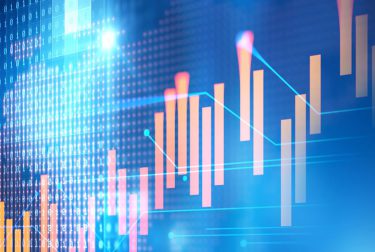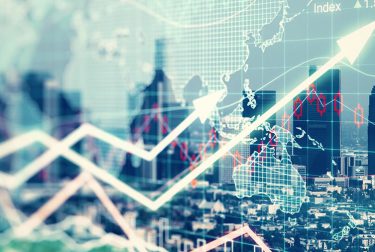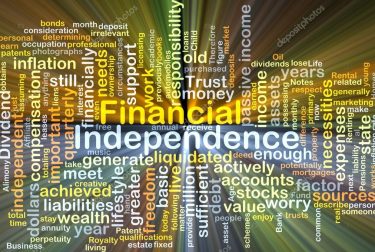Have you noticed that lately, your ability to purchase your needs and wants has become somewhat strained? You probably got to the market and you realize that the tomatoes you bought just increase in price, or that you can’t afford to fill your car tank anymore as the price of diesel has increased at the station and you have no idea why? That is what is called inflation.
Inflation is an increase in the average price level and a decrease in the purchasing power of the domestic currency due to the rising prices of goods and services.
Inflation is measured by the inflation rate which is the percentage increase or decrease in prices during a specified period, usually a month or a year. The most commonly used measurement is the consumer price index (CPI), but sometimes economists use the producers’ price index (PPI) and personal consumption expenditures (PCE) price index.
According to the most recent inflation rate measurement carried out by the National Bureau of Statistics in Nigeria, “Nigeria’s annual inflation rate climbed to 15.7% in February of 2022 from 15.6% in January, as fuel shortages drove transport costs higher (15.1%), thereby affecting goods and commodities. Food inflation also remained elevated (17.1%).”
“The annual core inflation rate, which excludes the prices of agricultural produce, rose to 14.01% in February, the highest since April of 2017, from 13.87% in the prior month.”
One thing you must understand is that inflation doesn’t affect just your purchasing power or the prices of goods and services, but also affects most of your asset classes. For instance, if your saving yields you an interest of 1.5% per year, and then inflation increases up to 2.5% in the same year, not only does this affect your purchasing power, you are actually losing money. Simply put, inflation reduces the value of your cash savings and fixed-income investment returns.
So how can you protect yourself to ensure that your neck stays above water?
This article will give you insights into how to protect your money in these volatile periods. The most optimal investments to ensure your hedging against inflation are investments that maintain their value during inflation or that increase in value over a specified period of time.
- FEDERAL GOVERNMENT BONDS: FGN bonds, like corporate bonds, are debt-based investment, where you loan money to a government in return for an agreed rate of interest. They offer lower returns than stocks, but they can also regularly beat inflation. Especially in the case of Inflation-Linked Bonds; these are type of bonds have inflationary protection that offsets the consequences of the price increase by increasing its value as inflation increases. The longer your tenor, the higher the accrued interest on your investment.
- STOCKS: During inflation periods most companies make more profits and grow their net revenue, which pumps the price of their shares and increases the dividends allocated to shareholders. But even when they don’t make an increase in dividend returns, stocks are good for waiting out the period of inflation without losing the value of your money. If you buy a stock at say 10,000 Naira, there is every likelihood that in 10 to 30 years to come, your stocks can be worth up to 50 – 100%.
- Treasury Inflation–Protected
Securities: This is a fixed-income
vehicle backed which are issued and are secured by
the guarantee of the Federal Government of
Nigeria. It is a way the government raises funds
from individuals and organizations. This is one of
the safest securities designed to increase in
value as the rate of inflation increases. They
appreciate even as the rate of inflation in the
economy increases. During inflationary periods, Treasuries
can provide added returns and protection to a
portfolio if or when equity prices take a
nosedive.
- Real estate: Real estate investment is another strategic asset to hedge against inflation periods. Overtime, lands and properties are very likely to appreciate and increase value on an upward scale in the market/economy. So, they are not very much affected negatively by inflation but rather may benefit from it. It also potentially serves as a continuous income stream for real estate investors who lease out their properties for rental purposes and can also increase rent even as inflation increases in the economy.
- Diversify Internationally: Create a diversified portfolio of capital market instruments from other countries. A lot of prominent economies like Australia, South Korea, Italy; do not fluctuate as often as the Nigerian economy does. Investing in market instruments from these types of economies serves to protect you from the declining purchasing power of money in the Nigerian market. If you need assistance on how to create or manage a diversified portfolio, click here
Ultimately, you
must also cut back on your wastage and inefficient
wants that take up a chunk of your money. Rather
than let inflation get the best of you, invest in
it. Work smarter not harder.






